In the midst of the controversy over drug trafficking in the north-east of the capital, three crack sellers - on trial immediately - were sentenced by the Paris Criminal Court to prison terms on Thursday, May 27.
Two of them declare themselves of Senegalese nationality but a doubt remains about their real identity.
To read also: Stalingrad, in Paris: in the hell of a district submerged by crack
A first individual, already convicted in 2019 for drug trafficking, was sentenced to five years in prison with a committal warrant and a ban on appearing in Paris, Île-de-France and on national territory for five years. A second individual was sentenced to four in prison with a warrant of committal. He was also banned from appearing in Paris and Île-de-France for five years. Finally, a last individual was sentenced to four years in prison, including one year suspended, with a warrant of committal.
The three accused, two roommates and another individual, lived in Seine-Saint-Denis.
This is where they "
cooked
" cocaine residue using a stove before reselling the goods to drug addicts in three places: the Porte d'Aubervilliers (at the ring road), the Porte de la Chapelle. (Paris 18th) and the Jardin d'Éole (on the border between the 18th and 19th centuries).
Surveillance in Seine-Saint-Denis
This conviction comes at the end of an investigation by the 3rd judicial police district which began at the end of March 2021. During surveillance near deal points, the police noticed two individuals who were systematically "
approached
" by drug addicts. The police then followed these two individuals and, also relying on street cameras, were able to trace them back to a home in Seine-Saint-Denis. On site, physical surveillance identified a third individual who was making round trips before transporting the goods to different apartments. Investigators also set up wiretaps.
The three individuals were finally arrested Monday, May 10 on rogatory commission as part of a judicial investigation.
They were then placed in police custody and then in pre-trial detention pending trial.
During the arrest, investigators seized 113 grams of crack (in the form of cakes and doses) and 60 grams of cocaine, as well as cutting product and scales.
The goods seized could have fed about 200 drug addicts.
"Fairly short" and long-term surveys
For several weeks, the exasperation of the inhabitants of the northeast of the capital has been at the heart of media and political attention.
They denounce the daily presence of drug traffickers and drug addicts in the place of life.
As a reminder, in November 2020, the Paris prosecutor's office and the police headquarters reaffirmed their mobilization against crack. The public prosecutor of Paris, Rémy Heitz, had notably explained that he wanted to pursue a
“determined penal policy in the face of a very precarious and very degraded population in terms of health combined with a health and therapeutic response”.
For this, the Paris prosecutor's office has set up a local delinquency treatment group (GLTD), a police unit specializing in the fight against drug trafficking. Regular meetings take place with the Paris town hall, transport stakeholders, the police headquarters and the regional health agency to set a course and adapt to the reality on the ground.
On the ground, the police are trying to juggle two temporalities. “
Fairly short
”
surveys
target first-line salespeople in order to dry up traffic, while longer-term surveys attempt to trace the channels and identify suppliers. Consumers, the most visible in the public sphere, are rarely condemned. Their support is mainly done through bans on appearing and therapeutic obligations.

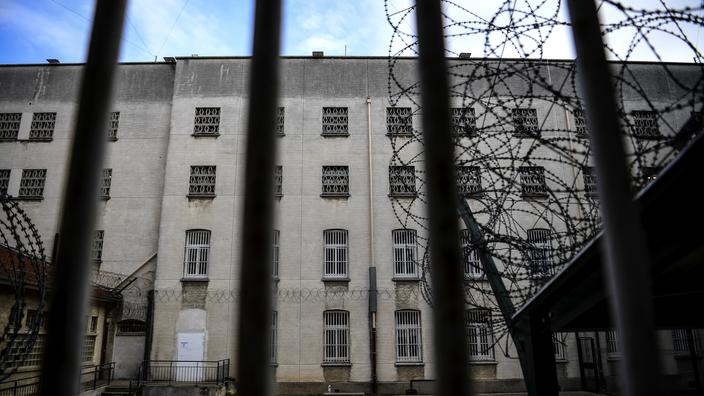


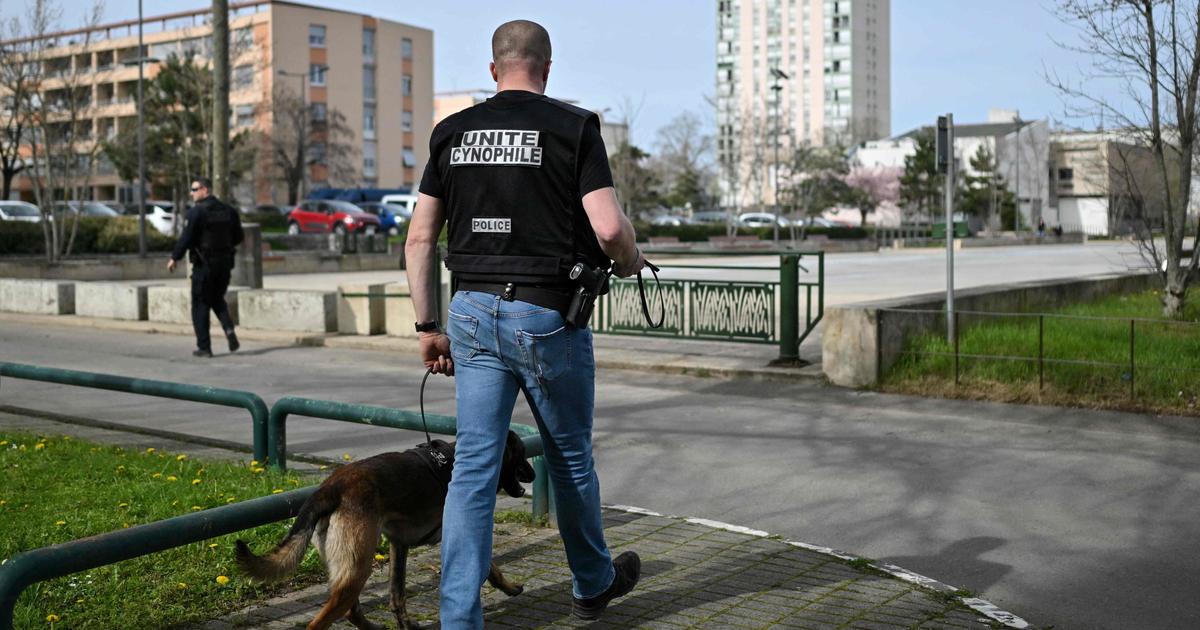
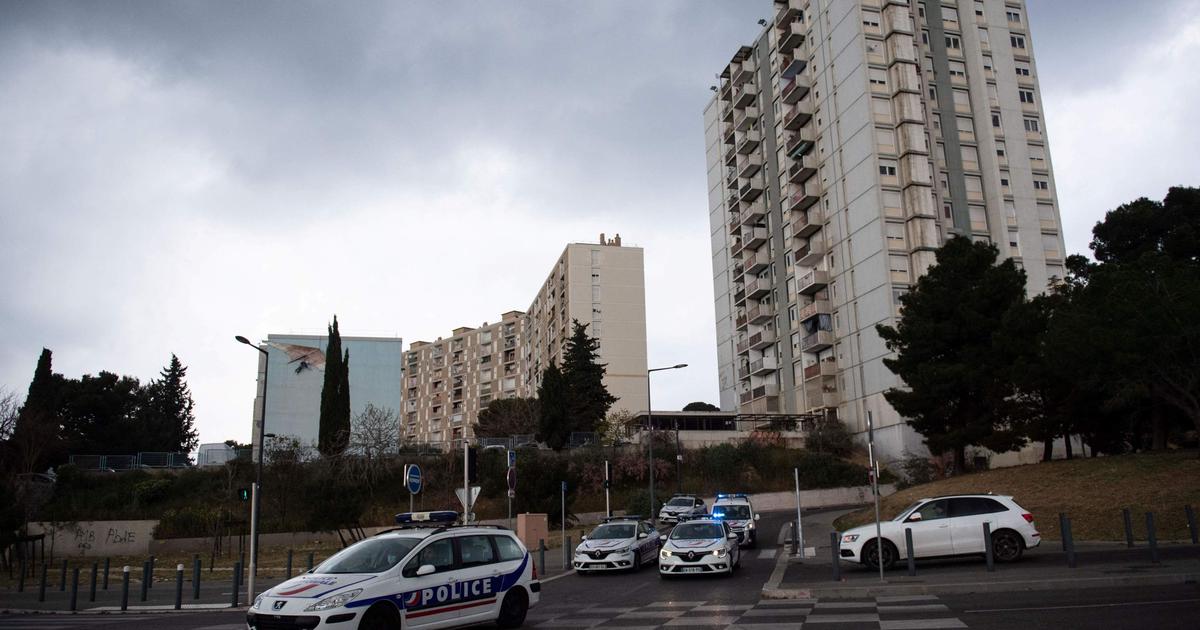
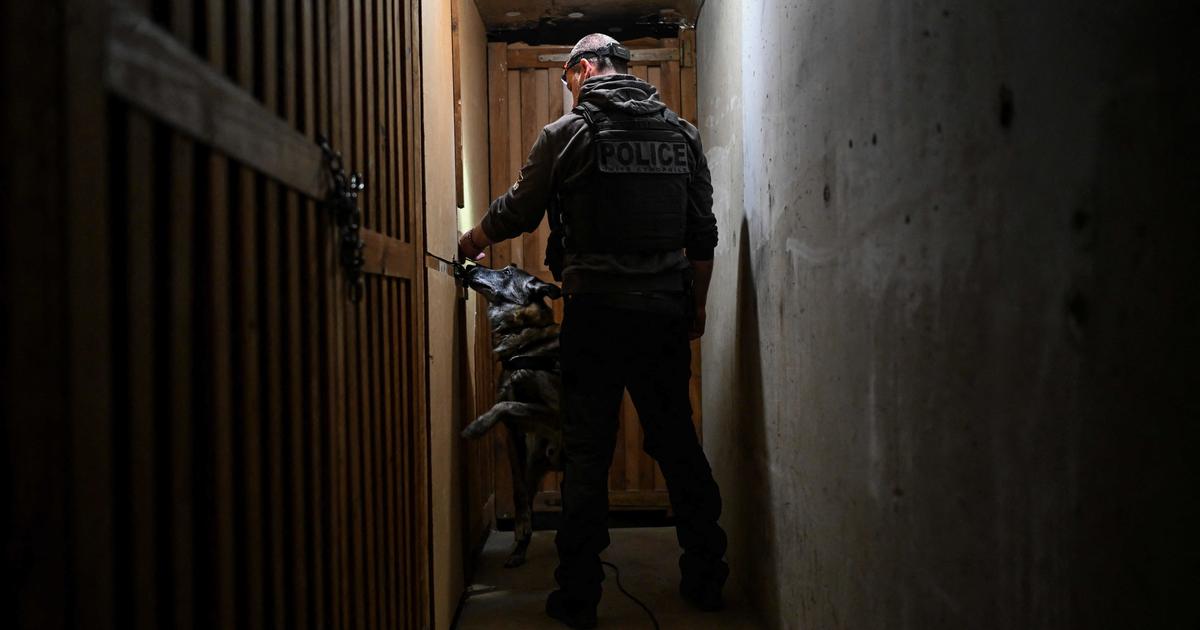
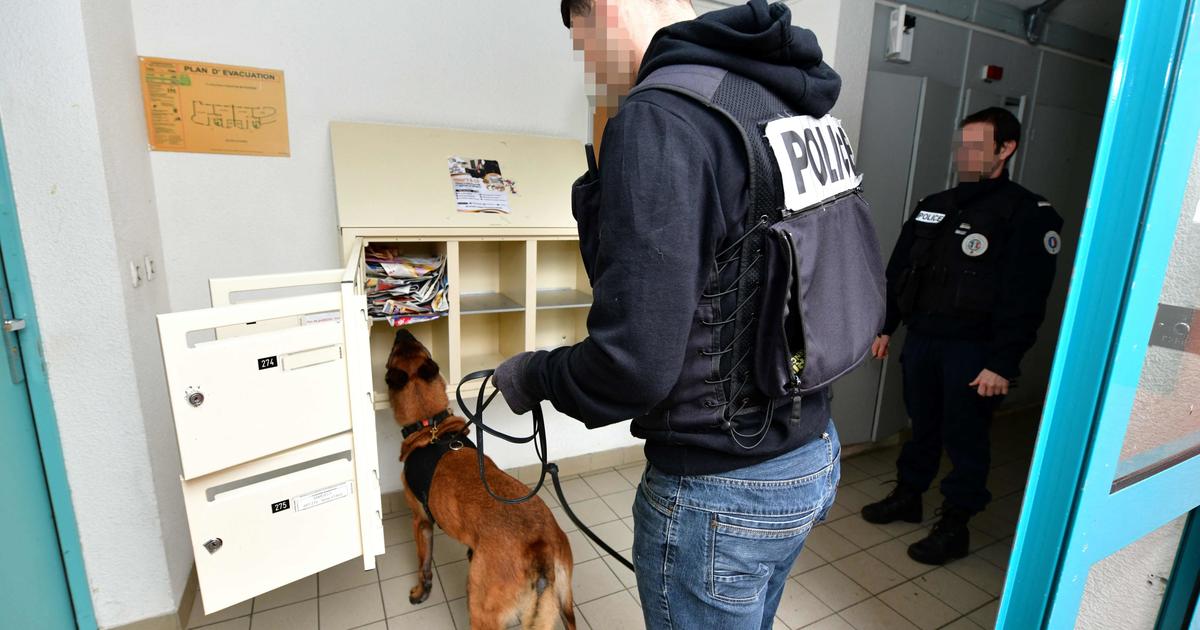

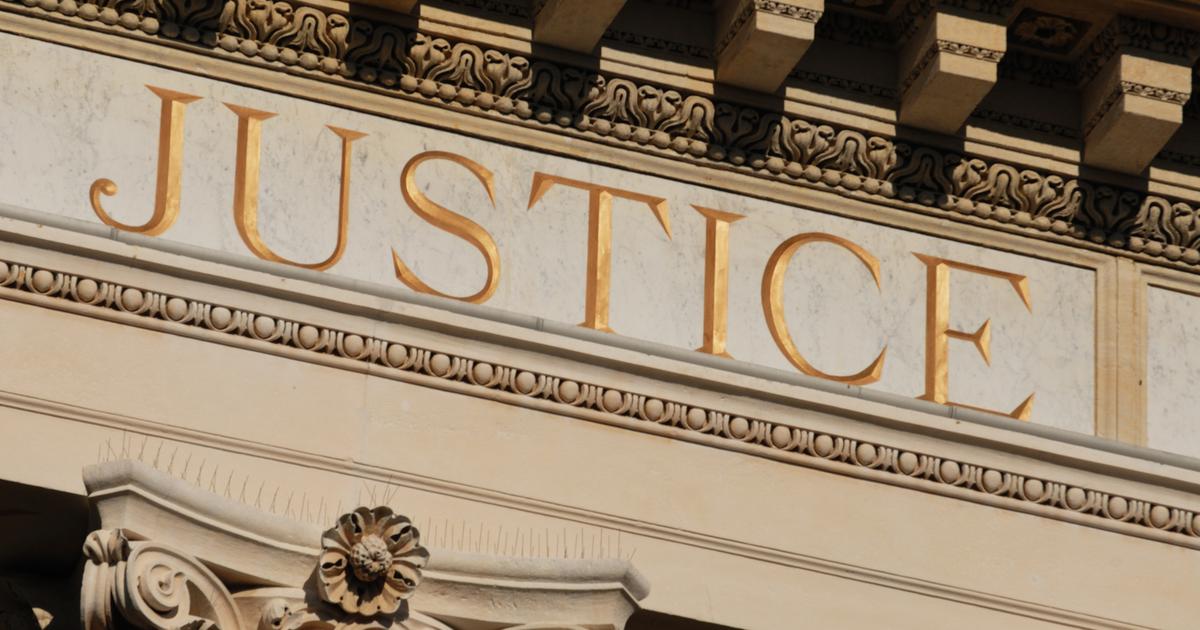


/cloudfront-eu-central-1.images.arcpublishing.com/prisa/KMEYMJKESBAZBE4MRBAM4TGHIQ.jpg)


